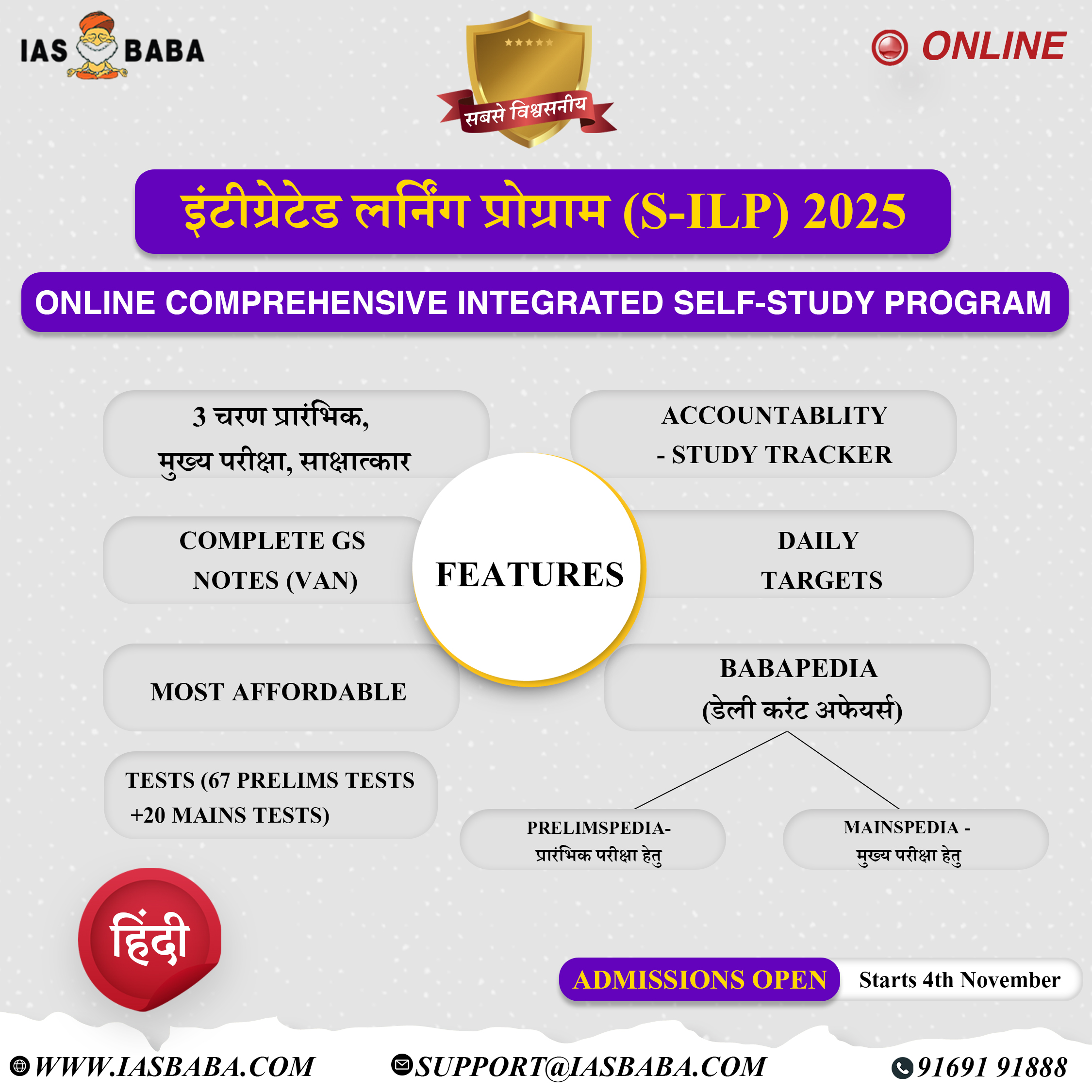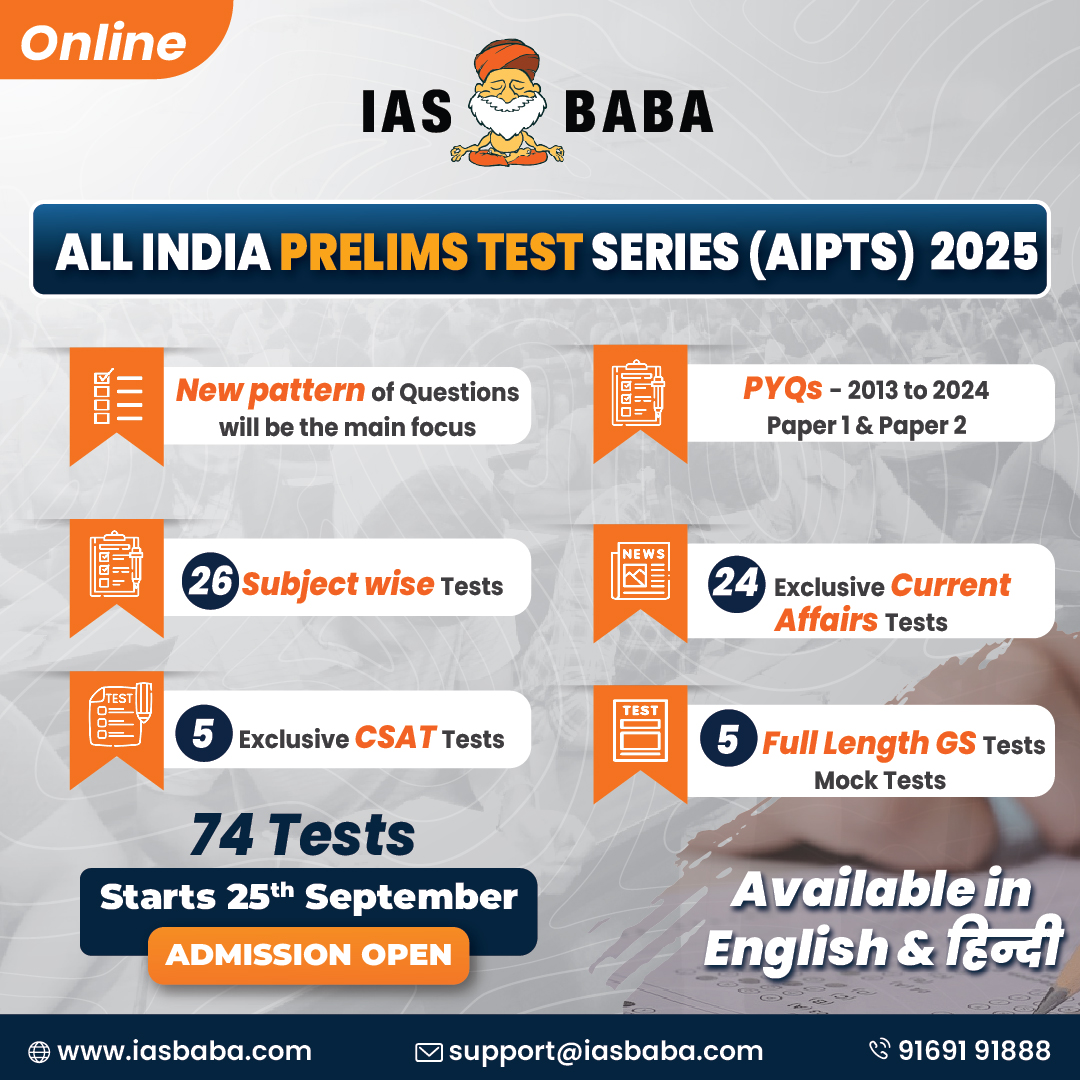IASbaba's Daily Current Affairs Analysis, IASbaba's Daily Current Affairs Feb 2017, National, UPSC
IASbaba’s Daily Current Affairs – 4th February 2017
Archives
NATIONAL
TOPIC: General Studies 2
- Salient features of the Representation of People’s Act
- Government policies and interventions for development in various sectors and issues arising out of their design and implementation.
Political Funding in India- towards more transparency?
The key features of budget 2017-18 on political funding was:
- Need to cleanse the system of political funding in India.
- Maximum amount of cash donation to be received by political party will be Rs 2000/- from one person.
- Political parties will be entitled to receive donations by cheque or digital mode from their donors.
- Amendment to the Reserve Bank of India Act to enable the issuance of electoral bonds in accordance with a scheme that the Government of India would frame in this regard.
- Every political party would have to file its return within the time prescribed in accordance with the provision of the Income-tax Act
- Existing exemption to the political parties from payment of income-tax would be available only subject to the fulfilment of these conditions.
Will it induce transparency?
- Earlier, PM had advocated for electoral reforms including tightening the noose around anonymous donations made to political parties.
- On recommendation of Election Commission, the budget 2017-18 capped anonymous cash donations to political parties at Rs. 2,000, one-tenth the current level.
- This recommendation was in place to check anonymous donations and curb parties that are formed only with the motive to avail benefits of income tax exemption available to political entities.
- As per Sec 29C of Representation of the People (RP) Act, 1951, political parties were allowed to accept donation up to Rs 20,000 from anonymous individuals and from companies other than Government companies.
- Then they were required to submit such details to the Election Commission under subsection 3 of 29C.
- Subsection 4 of Section 29(c) says that if any party does not submit this to the Election Commission will not be entitled to the 100% income tax granted under Section 13-A of the Income Tax Act.
- The political parties took advantage of it and declined to list the sources of up to 70% of their declared income, saying that the law does not require them to declare these (as they were obtained through donations below Rs. 20000).
- They can now use the same excuse to not declare donations below Rs 2000. As there is no limit to the number of people who can make contributions, the political party will now issue 100 receipts for Rs 1,999 for the same donation of Rs 2 lakh made in cash as it did earlier for Rs 19,999 by issuing 10 receipts each for same amount of donation.
- So, in the end, the government just reduced the cap on the amount which can easily be countered by increasing the number of anonymous donors.
- As per Association of Democratic Reforms (ADR), only 25% of the annual income of BJP and Congress comes from known sources. If the government had been serious about bringing in transparency, it could have done away with cash donations altogether.
- It was also reportedly said that no transaction of more than Rs 3 lakh will be permitted in cash to the political parties. However, it is not known if Rs 3 lakh is the ceiling for a day’s collection, or for a week, a month or a year.
Electoral bonds
- The Finance Bill has proposed amendments to the Reserve Bank of India Act, 1934 to allow for the issuance of electoral bonds that individuals and companies can buy through commercial banks and to the Income Tax Act, 1961 to exclude donations received by these political parties through electoral bonds.
- The aim of the amendment is to exempt the parties from each year reporting to the IT department in order to continue to avail income tax exemptions.
- Here, Donors can purchase such bonds from designated banks and these bonds can be given to the desired political party.
- Since the books of the donors will not mention the name of the party, and the books of the party will not mention the name of the donor, secrecy can be maintained about the donors.
- Though the idea is good, it is impracticable. Each electoral bond will require a serial number which will have to be entered into the bank registers along with the names of the donors.
- If such a register does not exist, it could end up with unscrupulous political parties printing bogus electoral bonds (akin to the fake stamp paper racket or It could be similar to the fake SGL bonds that were pledged by Harshad Mehta).
- If there is a serial number and name against each electoral bond issued, it is only a matter of time before either the ruling party or anyone else with access to the top managers of the bank get the names of the donors and the serial numbers electoral bonds purchased.
- This move also requires new amendments to the RP Act which would only ensure that the political parties will not be required to disclose the identity of individuals and companies who make donations through electoral bonds bought from the commercial banks.
- Thus, Electoral bonds have the potential to make political party funding largely opaque.
- Hence, if these proposals were approved by the parliament, the combined effect of the amendment to the RBI Act, the IT Act and the RP Act would be that “many political parties are likely to strive to receive cash donations below Rs 2,000 only.
- And also, the political parties will be under no obligation to disclose any donation or contribution that they receive at all, unless it is made electronically or through cheques for contributions above Rs. 20,000.
Conclusion
The proposed change leaves open a wide window for manipulations and non-disclosures than increase transparency and accountability in political donations.
Hence, the democracy should not be pushed backward into an era of secrecy ordained by law. There are various measures through which political funding can be made transparent
- Completely removing cash donations option to political parties in the time when even small traders and common man start using digital means of transaction.
- Donors to give Aadhar card number which will count the number of times a donor gives money.
- Levy a cess or tax for the purpose of funding political parties and the elections. Even if a small tax of 0.5% of GDP is collected over five years from corporates and high net worth individual tax payers, it will create a corpus of Rs. 60,000 crores which the Election Commission can administer as a constitutional body.
- Implementing the reported statement of the finance minister – that cash donations beyond an aggregate of Rs 3 lakh will not be permitted.
- Bringing national parties under RTI and upholding Central Information Commission’s decision of 2013.
If the government and political parties support the principle of transparency in political funding, the regulating agencies like the IT department and the Election Commission shouldn’t be deprived of their power under the garb of reforms.
Connecting the dots:
- Is it possible to make political system in India completely transparent? Discuss
MUST READ
No proof required: Not business as usual
Much ado
Digitising India
To arrest or not to arrest











